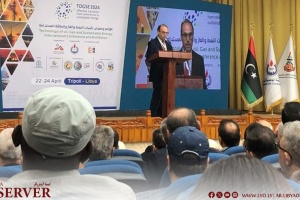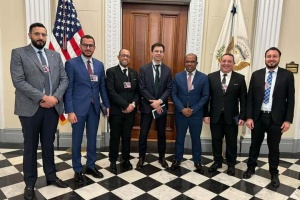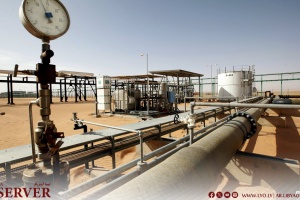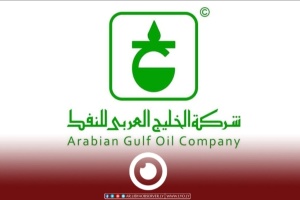The Libyan National Oil Corporation (NOC) confirmed Wednesday in a statement the continuation of force majeure on Hariga, Brega, Zueitina, Es Sider and Ras Lanuf ports, following orders by Major General Nagi al-Moghrabi, commander of the Petroleum Facilities Guard (PFG) in the Eastern Region, and Colonel Ali al-Jilani from Greater Sirte Operations Room, to NOC subsidiaries on January 17, 2020 to shut down oil exports.
The NOC also confirmed that it had issued instructions to all operating companies on 20 June 2020 to start preparing for the resumption of operations, in light of ongoing negotiations between the Government of National Accord (GNA) NOC and regional countries who stand behind this blockade.
"The talks which are supervised by the UN and US aim to allow the production to resume. An oil tanker is en route to Es Sider port to begin loading crude oil that is stored in the port tanks. Yet, the inactions and delays continue." NOC said.
It added that force majeure, which was originally imposed on January 18, 2020, will remain in place until Major General Nagi al-Moghrabi, PFG commander in the Eastern Region, permits the operating companies to resume exports.
The NOC clarified that the current framework of negotiations is limited to the resumption of production following revenue losses exceeding $6 billion as a result of this blockade, in addition to the significant damages to infrastructure and oil reservoirs.
"All oil revenues will continue to be deposited into the same accounts of the corporation. These revenues will be preserved for a specified period of time during which two parallel tracks are launched." The statement reads.
It adds that one track will ensure financial transparency as well as equal opportunities and social justice among all Libyans, while the other track will focus on the restructuring of security arrangements to protect oil facilities, in a way that ensures they are never used as a military target or a political bargaining chip again.
"This is especially important considering that disruption has led to overall losses in sales opportunities mounting to $231 billion since 2011." The NOC added.
The NOC lamented that other oil producing countries had taken advantage of this blockade by compensating Libya's market share, adding that in additional to that, the infrastructure and oil reservoirs had been damaged.
In the meantime, NOC Chairman Mustafa Sanallah said: “We categorically deny all the rumours about opening new accounts and distributing those revenues to three regions by percentage. Those rumours are spread by people who are not involved in the negotiations and only reflect their personal points of view. NOC adheres to Libyan laws and procedures”.
He added that the NOC's position consists of working to resume production in order to preserve the wealth of the Libyan people and serve its interests, and to avoid war at oil sites.
"We subscribe to the unity of Libya. We are against anything that would harm its unity and sovereignty and we will not be part of any action against that". Sanallah added.








